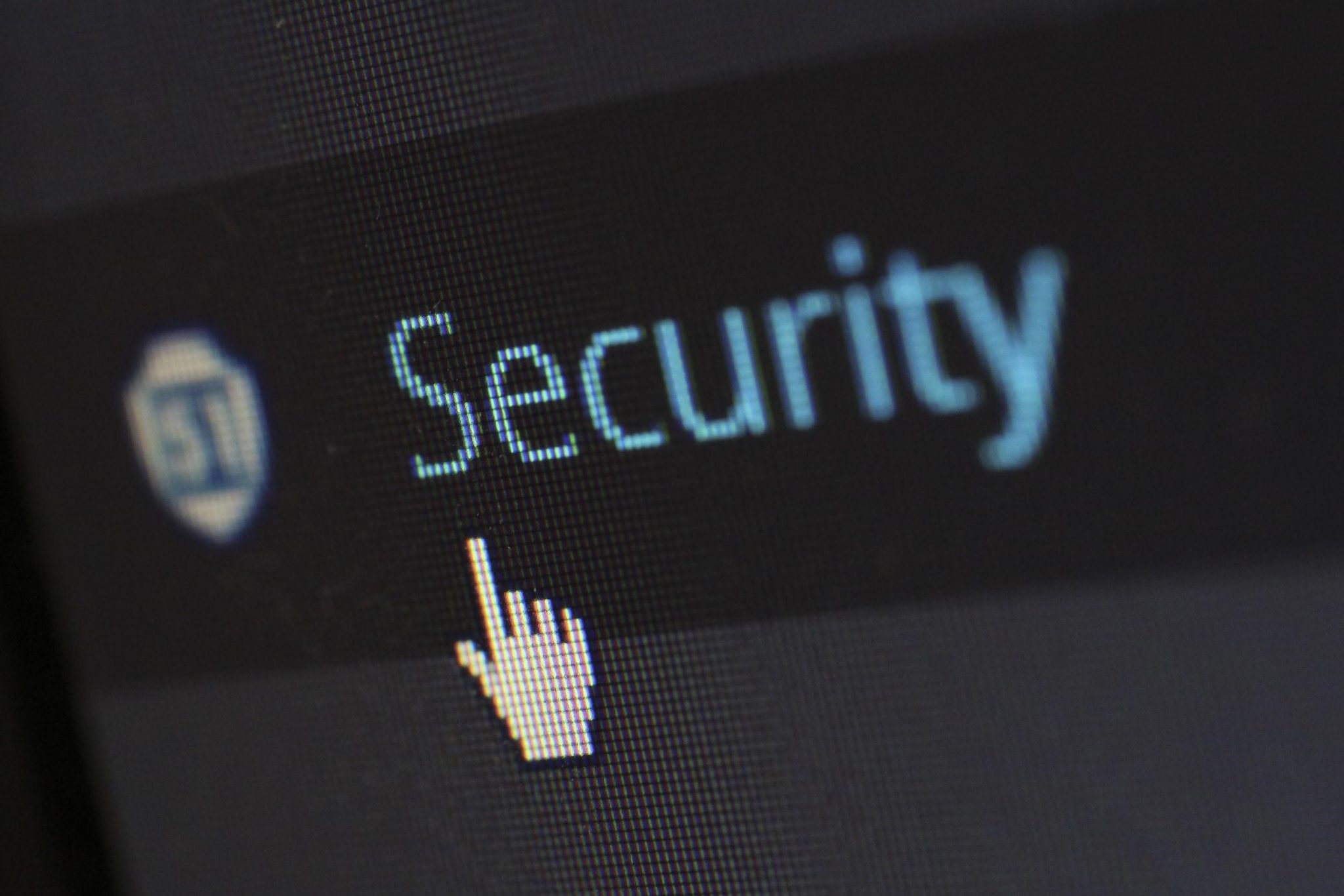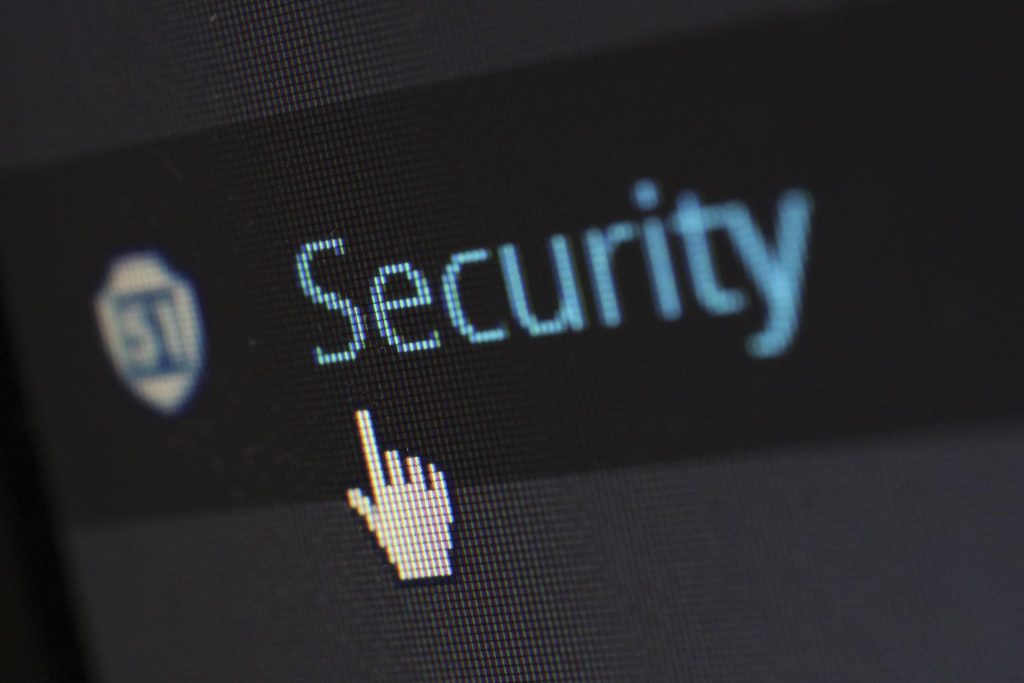

The scope of cybersecurity includes protection of all internet-connected assets and systems such as personal or organizational data, software, and hardware, etc., from cyberattacks. The practice of cybersecurity involves preventing unauthorized access to these systems and data centers. With millions of transactions taking place every day online and sensitive information stored in data centers, criminals have found new avenues for stealing. A study conducted in 2017 showed that hackers attacked a computer every 39 seconds in the US. Let’s talk about some of the reasons why cybersecurity should be on the top of your priority list.
- Evolving Technology Landscape
Organizational processes and the way they operate have been redefined due to many new emerging technologies. The level of efficiency and autonomy that these technological advancements have achieved was not possible before. However, this has also provided a new arena for criminals to attack and steal sensitive data for ransom. There has been a 68% increase in organizations deploying software apps, with an average of 129 apps per company by 2018. Considering the risk associated with adopting these technologies, cybersecurity professionals are in high demand these days. This is also reflected in the boom for similar programs like this cybersecurity degree online from the University of Nevada offering key courses in the field.
- Preserving Your Company’s Prestige
Any business operating without an effective cybersecurity solution is placing itself at risk every second they operate. It is not a matter of “if” they will be attacked; instead, “when” a breach will impact them. Once a cyber-attack occurs without proper security, recovery can become an uphill task or impossible in some situations. Companies that are attacked have to deal with:
- Data Leakage
- System downtime
- Business Closure
- Loss of intellectual property (IP)
- Damage to reputation
- Losing customer trust
- Lawsuits, etc.
- Cost of Cyberattacks
Cyberattacks are not only multiplying in numbers, but the cost of cyberattacks is growing at an exponential rate. According to Cybersecurity Ventures, globally, the cost of cybercrimes is increasing at a rate of 15%, which will reach a whopping $10.5 trillion by 2025, up from $3.5 trillion in 2015. These costs, however, do not include the damage done to the reputation of the firm and brand name.
- Cybercriminals Are Using Sophisticated Tools
Though people might be aware of the increase in cyberattacks, many do not realize that the severity of attacks with time has also gone up with more sophisticated tools. Cybercriminals have started to exploit the situation by attacking sensitive data at a wide range using tools readily available to them. Thus, even amateur cybercriminals try to attack businesses with these tools. However, their attacks can easily be thwarted if companies have adequate security measures in place.
- Rise of Internet of Things (IoT) Devices
The IoT is the objects connected through sensors, devices, and minicomputers acting on the received data. The phenomenon of IoT has seen a meteoric rise in recent years, and reports suggest that there are 35.82 billion IoT devices in the world in 2021. This means the number of connected devices is almost 5 times the number of people on the planet. These devices include micro-objects such as ACs, digital machines, locks, and refrigerators, etc.
The penetration of these devices is estimated to be 75.44 billion by 2025, and that’s where the problem lies. Those who have been unaffected by cyberattacks until this time will be at risk with new digital devices being installed.
- Cyberattacks Affect Everyone
If a cyber-attack occurs at a state-run organization, large publicly listed company, or a data center, millions of people can be affected at once. The city of Atlanta, for example, is a helpful case study in which the entire city was attacked with ransom-ware named “SamSam”, making the city of Atlanta offline for five years. Several operations across the city were affected due to the attack, and the recovery cost was $17 million.
Atlanta is just one of many examples, and such attacks could happen on a global scale, too, that could cripple digital infrastructure. Some experts even worry that such cybercriminals can even hack sensitive sites such as nuclear plants, which would be a catastrophic event that could endanger millions of lives. Some Iranian nuclear sites are believed to have been attacked with malicious viruses aimed at sabotaging nuclear centrifuges.
It is no longer a secret that there has been a steep rise in cyberattacks, with several studies suggesting it will further go up in the future. The increased reliance on digital platforms and video conferencing software due to the pandemic is the beginning of a new norm that heralds a digital future. The need for a strong cybersecurity system is not an option anymore, but a necessity. The sooner all businesses start investing in it, the better it will be for securing their future.